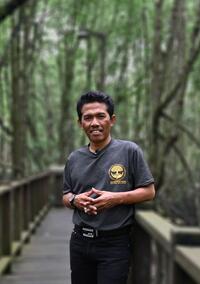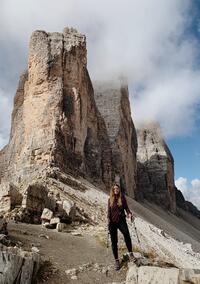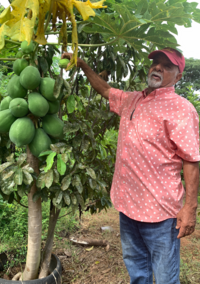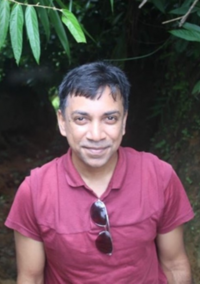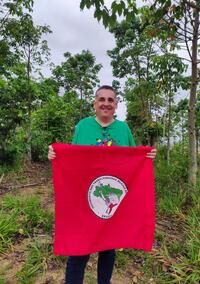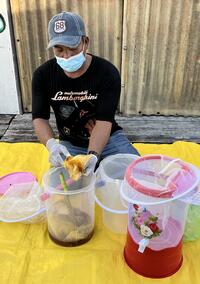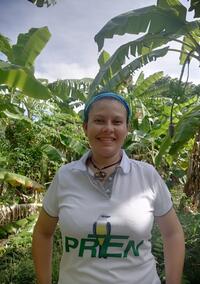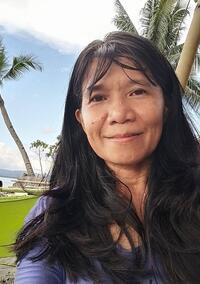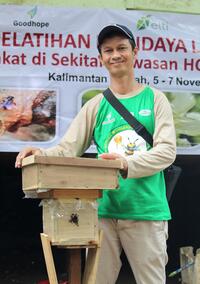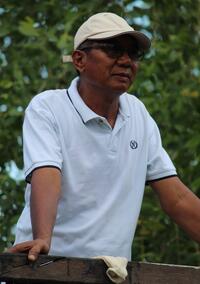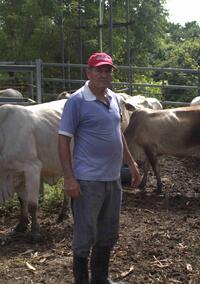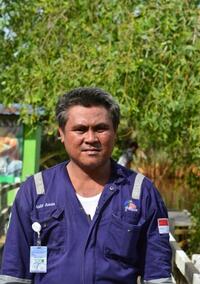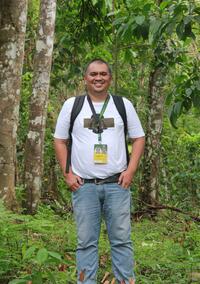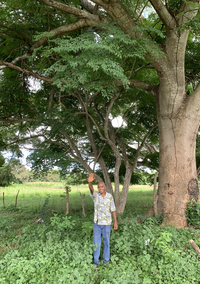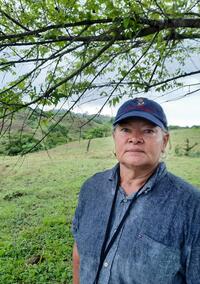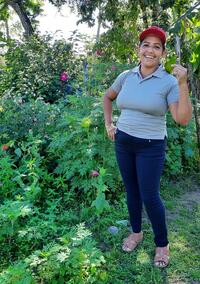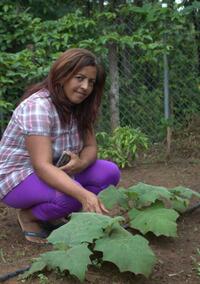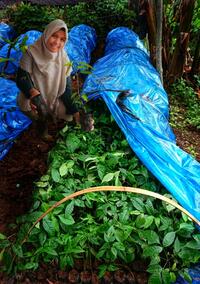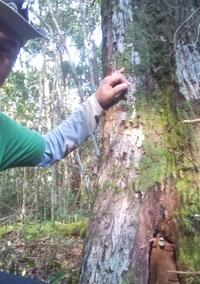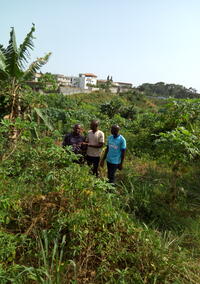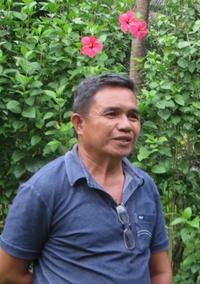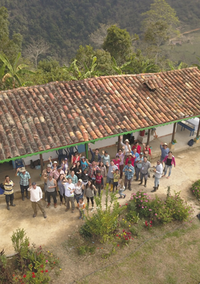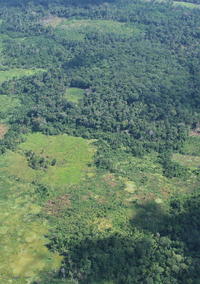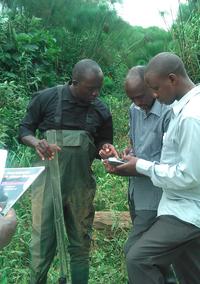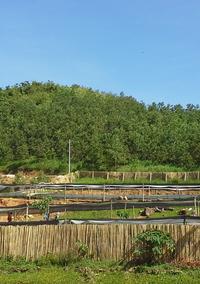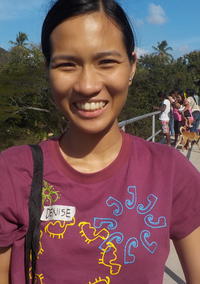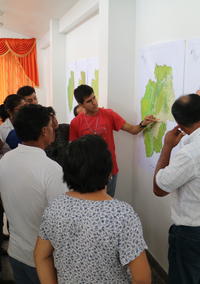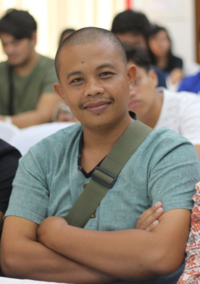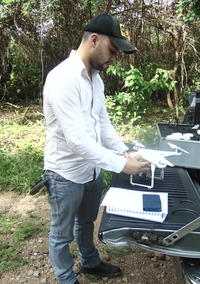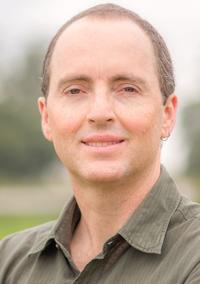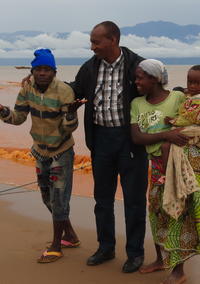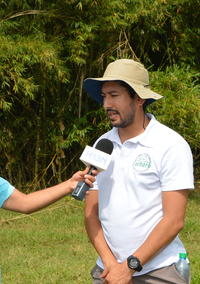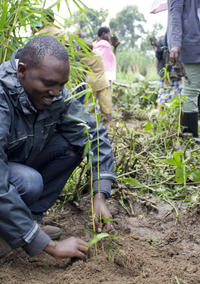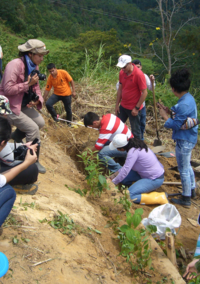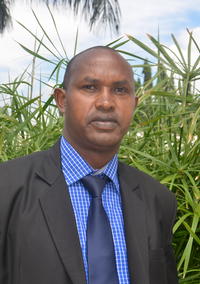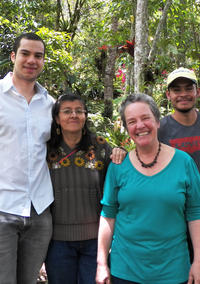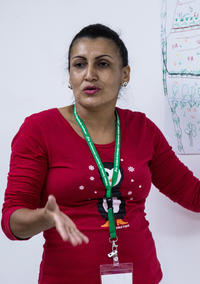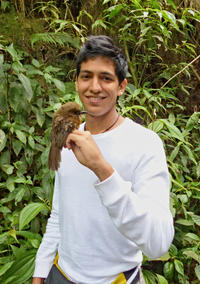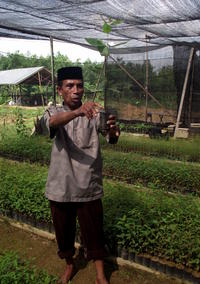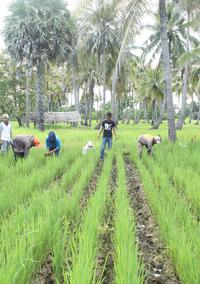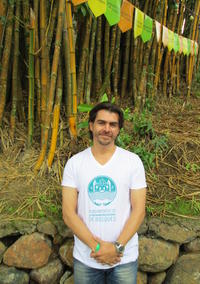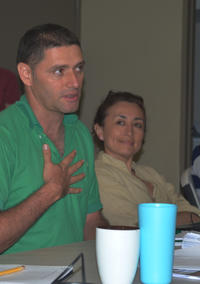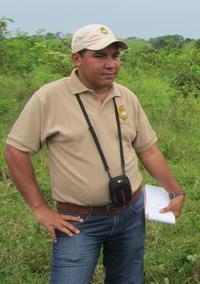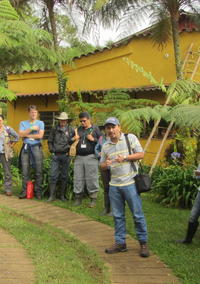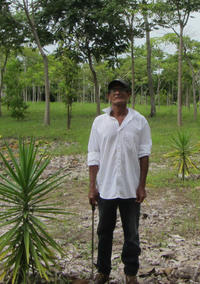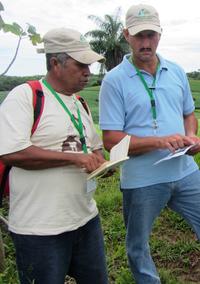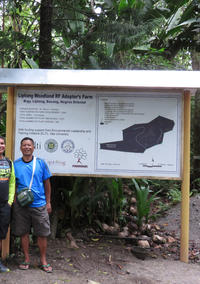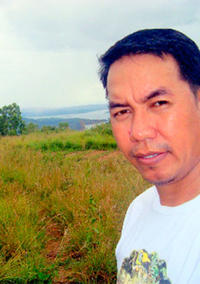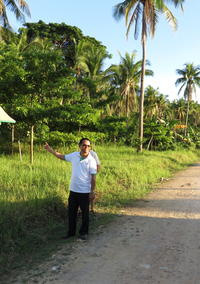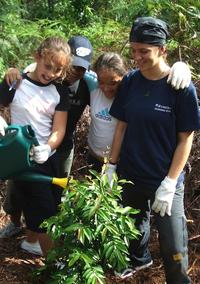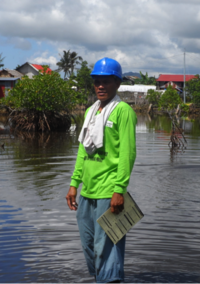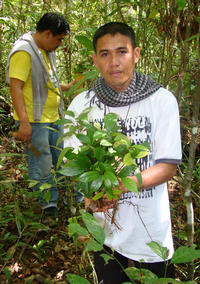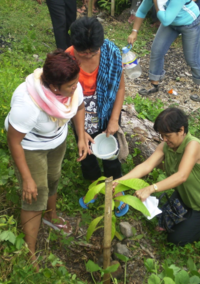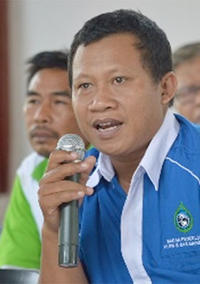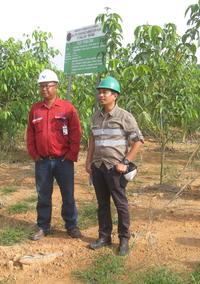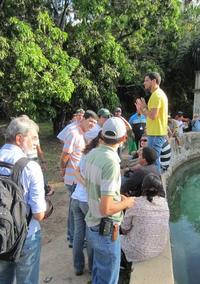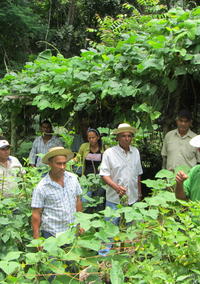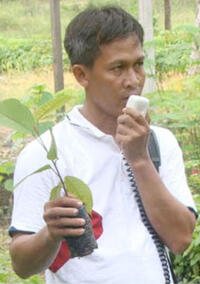You are here
Regional Forester Connects with National Peers, Scales Up Restoration Efforts in Peru
Today, actors from multiple groups are collaborating to restore the area, including Martín Reyes Acevedo, a Research Associate for the World Agroforestry Center (ICRAF). They started exploring a landscape approach to restoration in the region but were uncertain where to begin.
After learning about the potential of the Restoration Opportunities Assessment Methodology (ROAM), Martín enrolled in the course Forest Landscape Restoration in the Tropics to enrich his understanding of the methodology and how to incorporate it into his work.
After finishing the course, Martín says, “I now feel more confident to apply ROAM to designing a restoration plan for the Aguaytía watershed. I learned a lot by studying examples of restoration efforts from the region, and participating with the others in the course.
I recommend this course for many reasons: you can participate according to your schedule; you get to learn from restoration efforts around your region, both successes and failures; and you get to network with colleagues, all of whom have in-depth knowledge to share.
Martín Reyes Acevedo
Since course participants work at multiple scales, the connections they make with other participants allow them to build upon and strengthen each other’s work.
For example, during opportunities for participant-to-participant feedback, Martín reunited with an important ally, Sara Yalle Paredes from Peru’s National Forest and Wildlife Service and Authority (SERFOR).
“For her course assignment, Sara had compiled the ecological context, economic partners and spatial information about my study area,” Martín enthuses. “Our interaction in the online course really helped the development of the proposal for the Aguaytía Watershed.”
Since the course, Martín and his colleagues at ICRAF have continued to work with IUCN to support SERFOR to develop an assessment of restoration needs and opportunities for the Aguaytía watershed. Martín is applying ROAM’s participatory approaches to engage with state government, local technicians and community stakeholders and gather insights on restoration priority areas.
Once this subnational initiative is completed, Martín will work with these stakeholders to decide together on the most appropriate restoration activities and incentives for restoring the watershed’s forested landscapes.
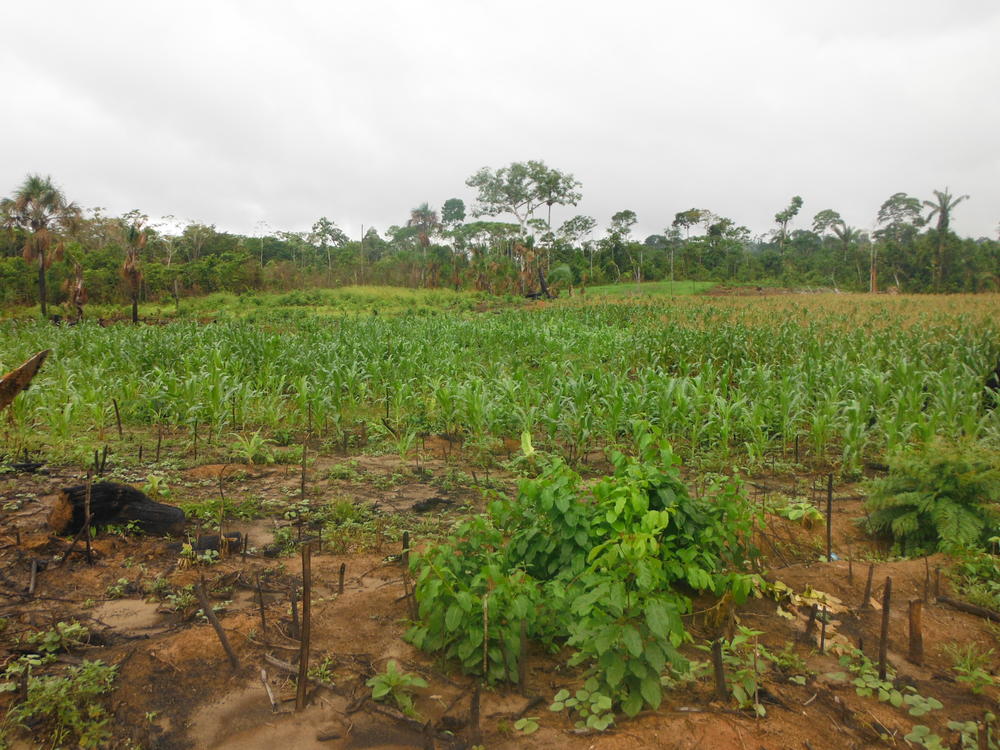
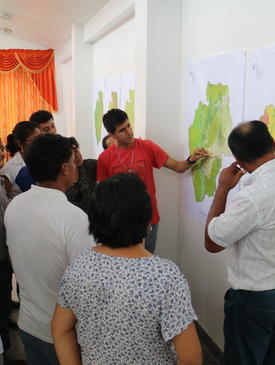
Acknowledgements
Martín would like to thank Peru’s National Forest and Wildlife Service (SERFOR), the regional government of Ucayali (GOREU) and many district municipalities therein, the regional environmental authority of Ucayali (ARA) and members of civil societies and producers’ associations.





